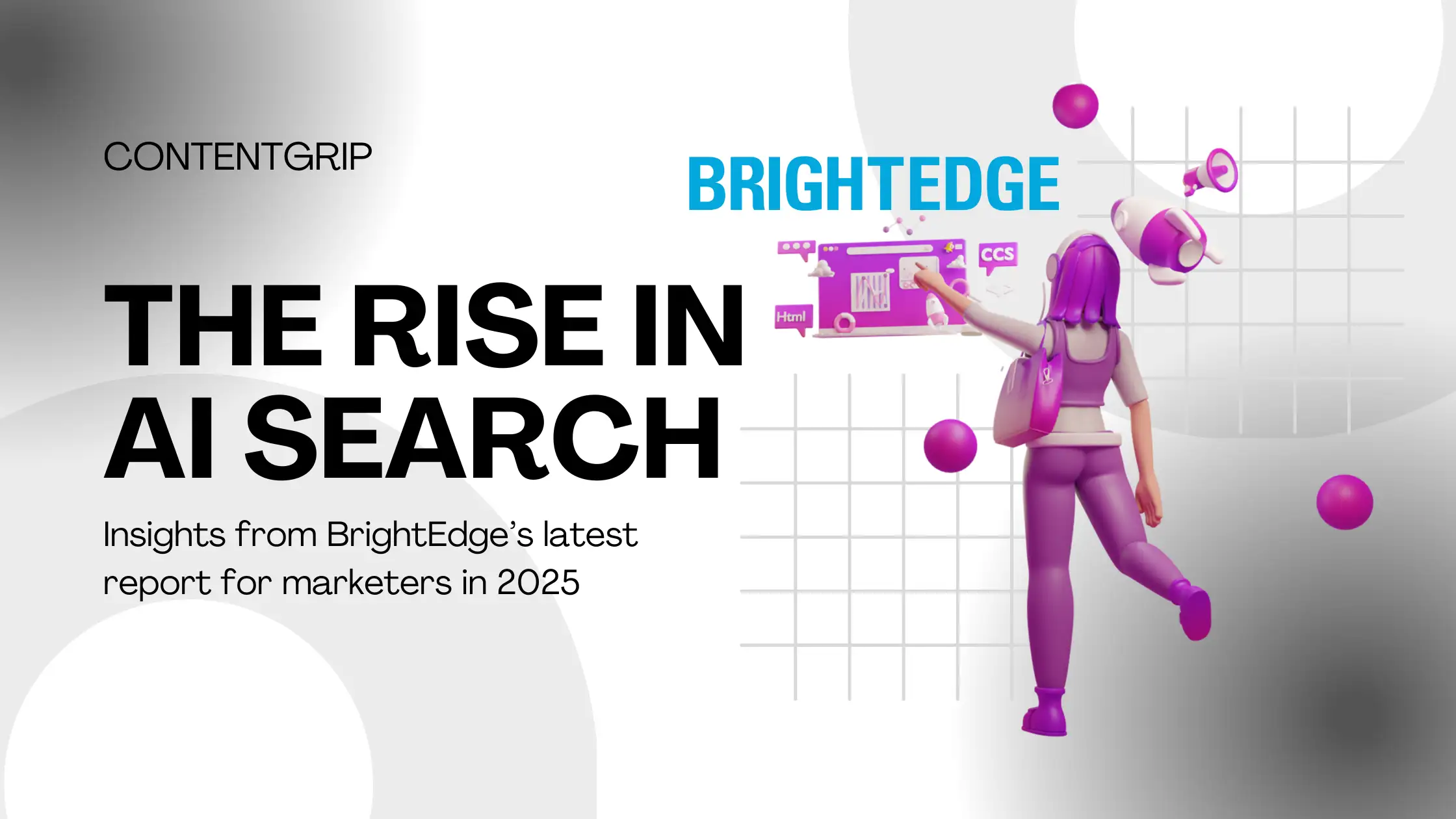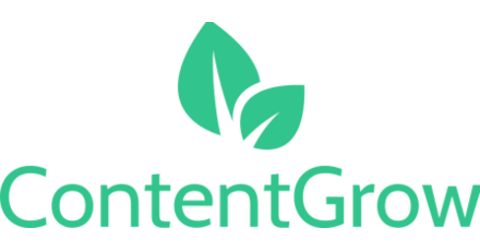The rise in AI search: insights from BrightEdge’s latest report
BrightEdge's new report highlights the rise of AI-powered search engines and their implications for the search landscape.

The AI-driven search engine market is experiencing significant growth, with the global market size projected to reach US$80.98 billion by 2029, up from US$37.39 billion in 2024, reflecting a compound annual growth rate (CAGR) of 14.82%.
According to BrightEdge's latest report, an AI-driven organic search and digital marketing automation platform. OpenAI's search engine referrals grew by 44% in November, while Perplexity surged by an impressive 71%. As AI reshapes user preferences, the implications for marketers and brands are profound.
This article explores the key findings from BrightEdge’s report, highlighting the rise of AI-powered search engines and their impact on the traditional search landscape. It delves into the competitive advancements of industry giants like Google, the emerging opportunities for marketers, and actionable strategies to navigate this era in search.

Report key findings
AI-first search engines like ChatGPT and Perplexity are gaining significant traction. ChatGPT, launched with SearchGPT in August, now commands six times the referral clicks of Perplexity. Projections suggest it could capture 1% of the market by 2025, potentially generating over $1.2 billion in revenue. This surge highlights growing consumer demand for intelligent, AI-powered search experiences.
Yet, despite this rise, Google maintains its dominance. With 92.4% market share, Google’s sophisticated AI Overviews (AIOs) continue to evolve. The launch of Gemini 2.0 signifies a leap forward in multimodal capabilities, combining text, video, and audio to deliver highly contextualized results. For example, Google now cites specific moments in YouTube videos to answer queries, streamlining user access to relevant information.

BrightEdge reports a notable stabilization in AIO performance, with a 4.22% reduction in daily fluctuations for keyword rankings. This consistency enables marketers to plan their strategies more effectively. AIO presence in e-commerce and travel sectors spiked in response to seasonal demand, while B2B technology and healthcare benefited from a focus on authoritative content.
Technical content, such as security, infrastructure, and data, saw significant increases in AIO presence, reflecting a shift towards advanced, expert-driven sources. Healthcare content also grew, bolstered by its reliance on authoritative institutions. These trends present valuable opportunities for brands to align their strategies with AI-driven search advancements.
Future of AI search
BrightEdge emphasizes the importance of proactive adaptation. Marketers should prioritize creating authoritative, multimodal content and leverage tools to monitor their presence in AIOs. This ensures not just visibility but the ability to capitalize on high-quality referrals as AI-powered search continues to grow.
To stay competitive, brands must focus on optimizing content for AI-first search engines like ChatGPT. Strategies include structuring data for easy parsing, embedding trust signals, and leveraging semantic SEO techniques.

Marketers need to recognize the inevitability of AI-first search engines and their growing influence. This is a critical moment to refine content strategies, ensuring that they are optimized for both traditional and AI-driven search engines.
This post is created by ContentGrow, providing scalable and tailored content creation services for B2B brands and publishers worldwide. Book a discovery call to learn more.






